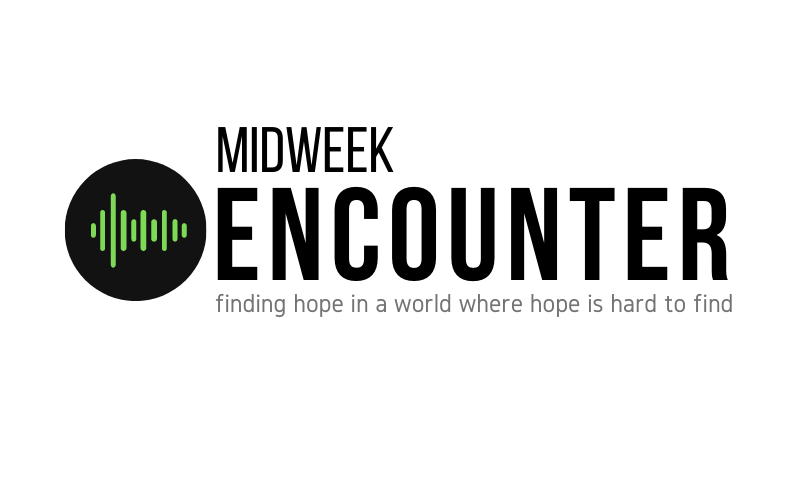



 His name was David Dugan. He was a construction contractor who lived life straight up and straight ahead. Dugan’s contact with Robert Fulghum eventually led to active involvement in the church. He was invited to serve on the church board, but his business travel prevented him from making the commitment. Nonetheless, when he was available, he would sit in on the meetings as a nonvoting spectator. Unbeknownst to the board, Dugan was bonded to carry up to $500,000 as certain jobs required easy access to large amounts of cash. In addition, he was registered to carry a gun to protect his money. He carried both the large sums of money and his gun in a briefcase. Dugan sat through long meetings where the board debated prices on paper towels and toilet paper. During this particular meeting, the church board was wrestling a more arduous problem concerning the front driveway. Smooth paving on one side allowed people to drive dangerously fast so they needed speed bumps and signs. The other side of the drive had large potholes and needed paving. After three hours they were nowhere closer to a resolution. From outside the main circle Dugan raised his hand with a suggestion. He counseled the board to leave the potholes on one side, dig potholes on the other side, spray the holes with tar and call them “speedholes.” He also offered to do the job for free.
His name was David Dugan. He was a construction contractor who lived life straight up and straight ahead. Dugan’s contact with Robert Fulghum eventually led to active involvement in the church. He was invited to serve on the church board, but his business travel prevented him from making the commitment. Nonetheless, when he was available, he would sit in on the meetings as a nonvoting spectator. Unbeknownst to the board, Dugan was bonded to carry up to $500,000 as certain jobs required easy access to large amounts of cash. In addition, he was registered to carry a gun to protect his money. He carried both the large sums of money and his gun in a briefcase. Dugan sat through long meetings where the board debated prices on paper towels and toilet paper. During this particular meeting, the church board was wrestling a more arduous problem concerning the front driveway. Smooth paving on one side allowed people to drive dangerously fast so they needed speed bumps and signs. The other side of the drive had large potholes and needed paving. After three hours they were nowhere closer to a resolution. From outside the main circle Dugan raised his hand with a suggestion. He counseled the board to leave the potholes on one side, dig potholes on the other side, spray the holes with tar and call them “speedholes.” He also offered to do the job for free.  1. OWNERSHIP Everything I have really belongs to God.
1. OWNERSHIP Everything I have really belongs to God.  2. ALLOCATION God has given me some unique talents.
2. ALLOCATION God has given me some unique talents.  3. ACCOUNTABILITY God expects me to use my talents.
3. ACCOUNTABILITY God expects me to use my talents.  4. UTILIZATION It is wrong for me to bury what God gave me.
4. UTILIZATION It is wrong for me to bury what God gave me. 5. MOTIVATION It is fear that keeps me from using my talent.
5. MOTIVATION It is fear that keeps me from using my talent.  6. APPLICATION If I don’t use it I lose it.
6. APPLICATION If I don’t use it I lose it. 7. COMPENSATION If I use my talents, I will be rewarded.
7. COMPENSATION If I use my talents, I will be rewarded.